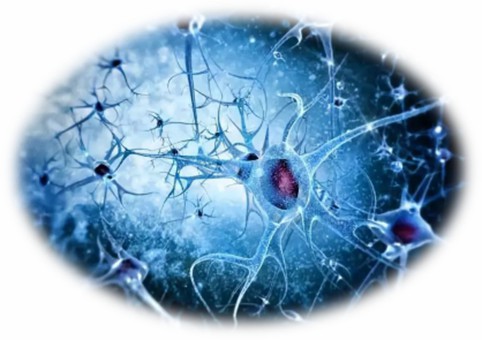Copyright © 2026 Protheragen. All rights reserved.
Neuroscience Research
The establishment of animal models or the application of animal behavioral tests plays an important role in the study of neurological diseases. In basic neuroscience research, animals are used to develop a variety of behavioral tests and disease models to study the function of the nervous system and the mechanisms involved in the diseases that affect it.
Protheragen, with its extensive experience in animal experiments and focus on human health, is committed to extrapolating the results of animal experimental studies to human neuroscience research, providing useful tools for basic and preclinical research in neuroscience.
 Fig. 1 Human neuroscience research.
Fig. 1 Human neuroscience research.
Why Do We Need to Use Animals in Neuroscience Research
- The brain connects all the organs and systems in our body and is the foundation for all aspects of human health and disease. Its enormous complexity makes it necessary to have a multidisciplinary and methodological support in its research process. Animal behavior tests provide a good behavioral approach to basic research in brain science.
- Currently, our treatments for brain disorders are usually directed at non-specific targets and may cause some side effects. Therefore, the use of animals to study the function of the brain is essential for both basic research and drug testing.
- Brain disorders may include multiple aspects of the brain, spinal cord, emotions, and sensory disorders. These diseases affect the normal life and health of people. While non-animal research methods at other levels have made some progress in the field, the use of living and behaving organisms to study the brain remains the most promising approach for disease research and new drug development.
What Aspects of The Brain Do We Study Using Animal Experiments
Brain Function Research
The higher functions of the brain involve cognitive, emotional, motor and sensory aspects. In order to understand the mechanisms of the brain and what happens when problems arise, it is necessary to first understand what happens in the brain.
Our company offers a variety of animal models related to brain diseases and evaluation methods that can be used in basic research on brain mechanisms, greatly improving our understanding of the brain and nervous system.
 Fig. 2 Brain function research.
Fig. 2 Brain function research.
Brain Injury Research
Traumatic brain injury can involve various tissues of the central nervous system, including neurons, white matter, glial cells, and cerebral blood vessels, plus secondary mechanisms of injury are very complex.
Our company provides clients with suitable animal models of brain injury to better simulate the pathophysiological processes of human brain trauma, to help researchers explore the functions of a particular brain region and to reveal the effects of brain injury on human learning, memory, motor sensory and other functions.
 Fig. 3 Brain injury research.
Fig. 3 Brain injury research.
Animal Research and Significant Discoveries
Some important findings in neuroscience have only been possible with the help of animal researches. Unexpected discoveries have been made thanks to basic research using animals that have enhanced our understanding of how the brain works and what happens when something goes wrong.
The following are some examples of neurofoundational research.
- Scientists at Stanford University have been able to "turn on and off" cells in the brains of living animals, using optogenetics (a combination of light and genetic engineering to control brain cells) to prevent seizures in epileptic mice.
- Researchers at the Center for Neurodegenerative Diseases in Berlin, Germany, have developed a gene therapy using mice that could help treat Alzheimer's disease. The team used a gene editing tool called "zinc fingers" to reduce levels of tau - a key protein that accumulates in the brain during Alzheimer's disease.
- Researchers from the University of Cambridge in the United Kingdom have found that the "cold shock" protein found in cold water swimmers can prevent brain diseases such as dementia, which has previously been found in mouse models.
Advantages of Our Company

Extensive experience

Customized services

Scientific design and analysis
Protheragen's scientific team provides customer-focused, appropriate animal models and evaluation methods for basic research on brain-related mechanisms and disease research in the central nervous system. We have a wealth of experience, a wide range of services and the research methods you need. If you are interested, please contact us and describe your specific research, and we will be happy to assist you.
